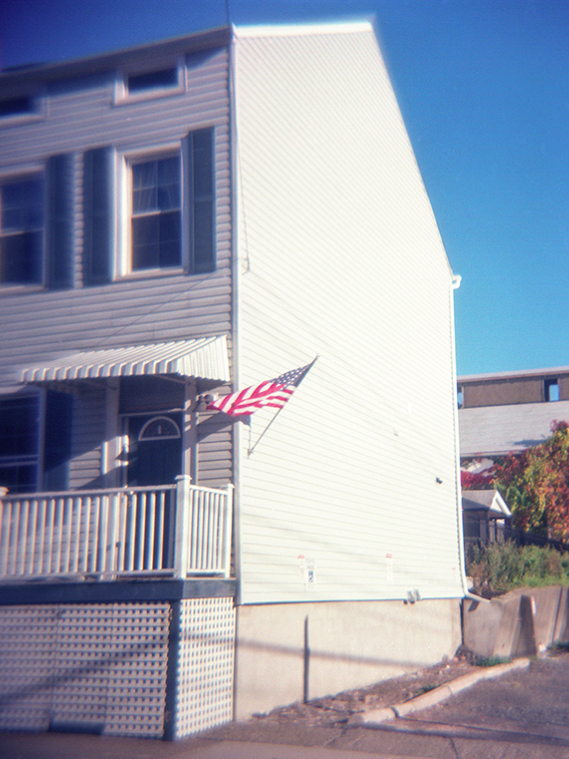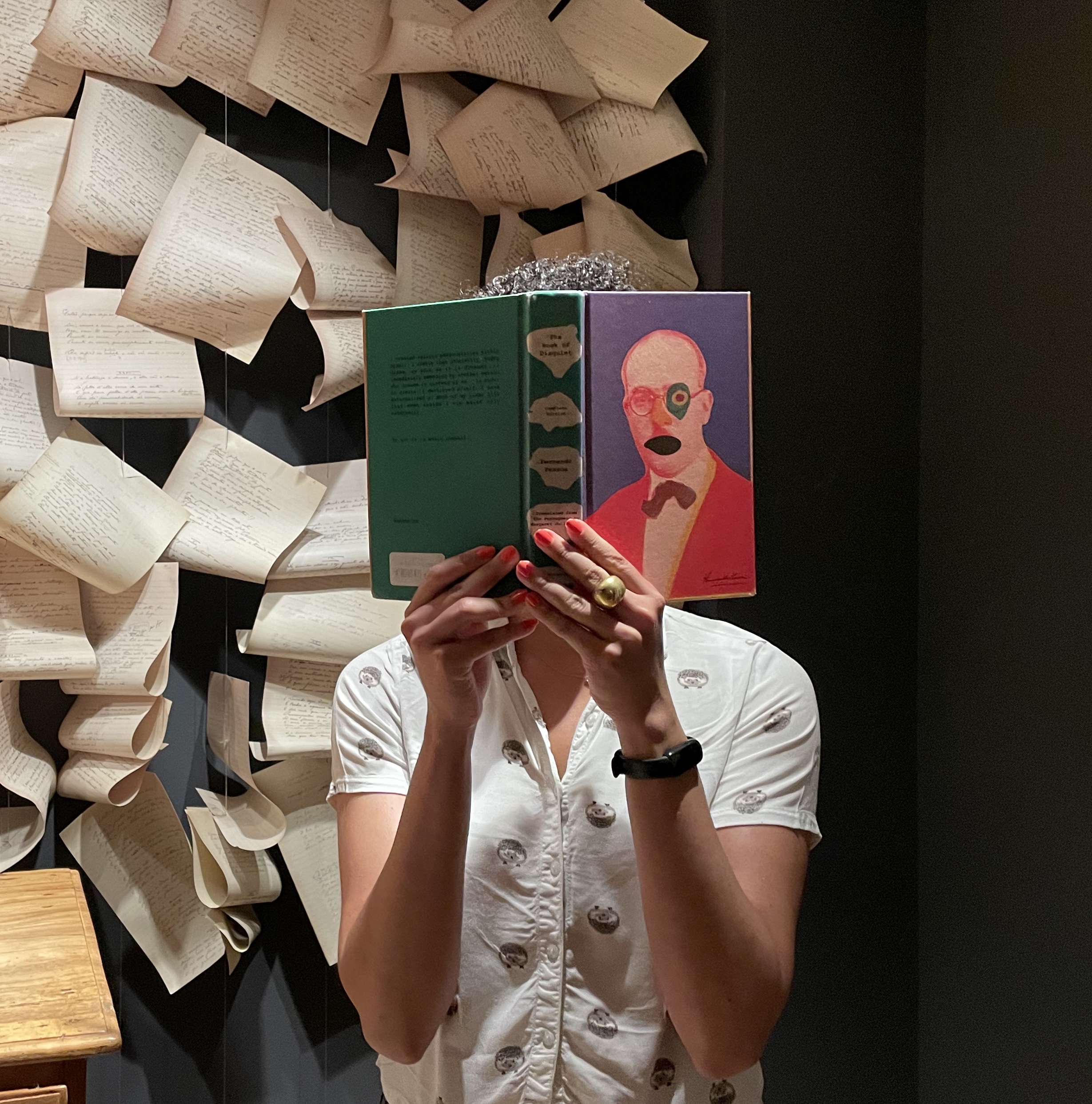Translated by the author and JESSICA ZYCHOWICZ

Hudson, NY
I feel greedy, I have a frog in my throat because of this
expensive beer. I start to ask around, like a detective,
and immediately get some info
from the writer sitting at our table nearby,
whom I got to know just now.
The house of Ashbery has likely mahogany doors facing
the square, probably where city hall is.
I don’t even think about visiting without letting
someone know first. I stop and read a few poems in a bookshop.
You won’t repeat the jokes, I say,
you’ll go around to all the apartments on Halloween
with pumpkins, like I used to do
in my childhood, but then the main thing was trick or treat,
not to force someone for an interview or a photograph.
The town livens up during days off, the antiques table
is waiting for its buyers, I sit down on the bench,
I raise my eyes immediately from the map to the inscription
of cafés or a signboard, flat text between
two surfaces: a text on the map and one on the wall
are both the same, they divide only with the blinking of my eye
and turning them around, like the town printed
in 3D, pressed between the river and the megapolis,
on the weekend, between Friday and Monday,
in the smaller city—a horror appears.
2015
Vasyl Lozynsky, born 1982 in Lviv, Ukraine, is a Ukrainian poet, essayist, translator, and coeditor of prostory, a magazine on culture and society. He is the author of three collections of poetry: Feast after Debauchery (2010), Another Country (2016), and forthcoming Recorded Sensommar (2020). His works have been published in translation in journals (manuskripte, Wozdukh, 10 TAL, Trafika Europe, Hawai’i Review, among others. His work also appears in several anthologies: Wschód-Zachód (Bydgoszcz, 2014), Grand Tour: Junge Lyrik aus Europa (München, 2019), and New York Elegies (New York, 2019). His collections of poetry have been published in Germany (Das Fest nach dem Untergang, hochroth 2016), in the US (Maidan After Hours, Hawai’i Review Chapbook series, 2017), and recently, in Poland (Święto po awanturze, PIW 2019). His works have been translated into nine languages.
Photo by Panagiotis Kechagias.




